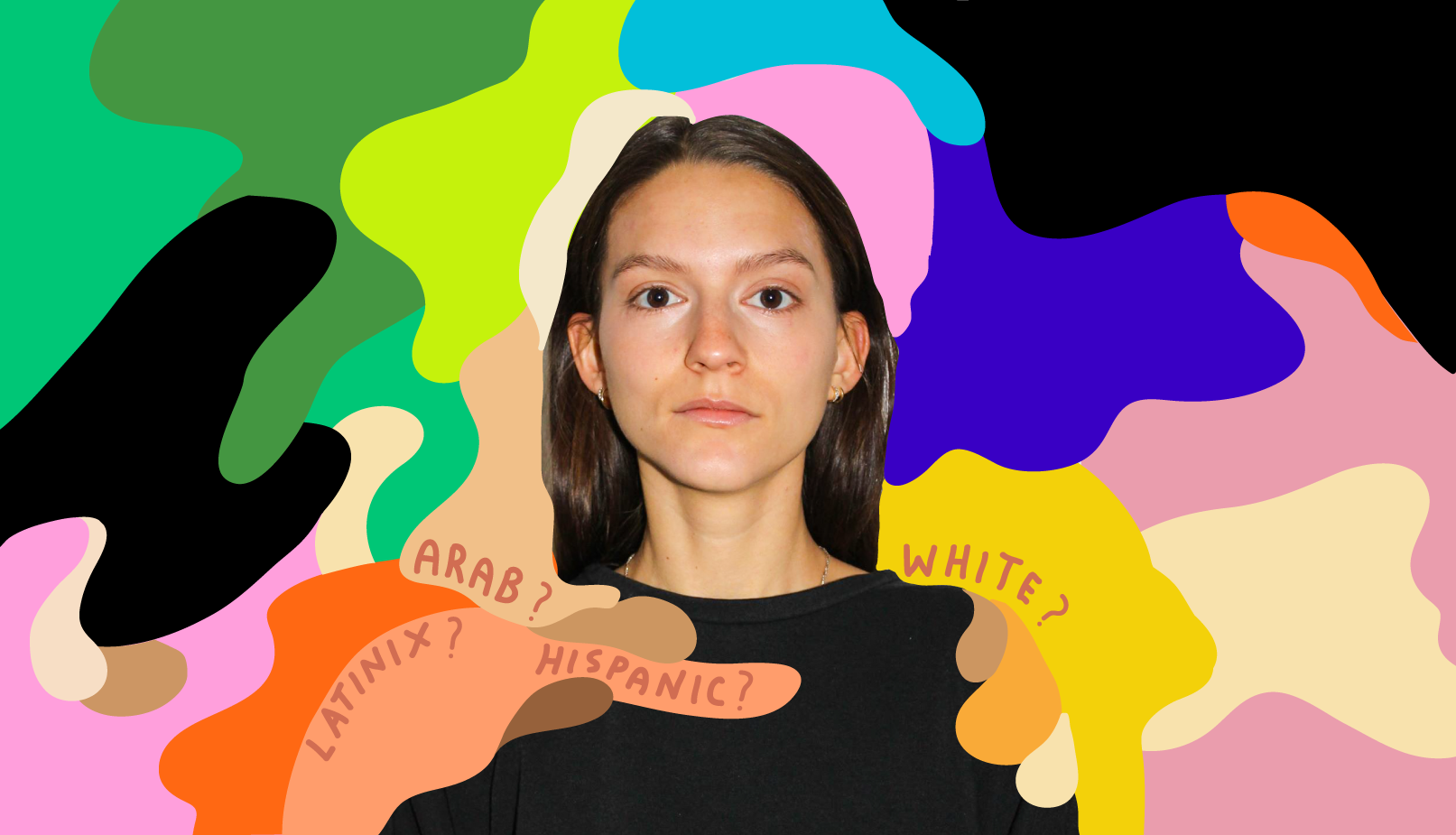In sociology, racial passing is a term defined as ‘’the ability of a person to be regarded as a member of a combination of sociological groups other than his or her own,’’ according to Enacademic.
Racial passing means passing as white. And that includes a lot of systematic privilege, especially when living in a country like Canada. But it also means part of your identity is removed. There’s a problem with people who assign a specific look, skin colour or whatever description they’ve been fed, to an entire people that is actually diverse.
It wasn’t until I was told by a close friend of mine told me about racial passing as a phenomenon that I realized that it was my life story summed up. I had unknowingly been passing as white, particularly since moving to Montreal 14 years ago. As a Venezuelan with white skin, growing up in Montreal, I can recall the surprise on people’s faces when I would speak in French with no stereotypical accent, and then speak in Spanish to my parents. People couldn’t believe that I spoke Spanish; I had to explain that I was born in Venezuela and that we had immigrated here to live a better life.
Explaining our immigration story results in a wave of unwanted questions and comments:
‘’Wow, but you’re so pale!’’
‘’How do you still know how to speak Spanish?’’
‘’Tell me something in Spanish!’’
‘’Your father’s skin is darker than yours, were you adopted?’’
and the most famous of all: ‘’oh, I could definitely tell!’’
No. You could not tell — if you could, why were you so surprised in the first place?
The official language of Venezuela is Spanish; it’s my mother tongue. Venezuela, like much of Latin America, has a number of varying races that share the same ethnicity. This means Black and White Venezuelans alike, are simply Venezuelan, and speak Spanish. In fact, Venezuela’s population is so diverse that a graph from Britannica states that 63.7 per cent of the population is mestizo – a person with both European and Indigenous ancestry – 20 per cent is local white and 10 per cent is local black. When I lived there, people didn’t regularly comment on skin colours, and no one was shocked to see someone with pale skin speaking Spanish. But outside of that community, from my experience, people are so immersed in their idea of what a latin person looks like, they forget there’s no one-way.
Due to my light skin tone, I can never identify myself as being a member of the latinx community without having someone scoff and bring up the fact that I am white. It’s racist to assume that only specific races belong to a specific ethnicity.
My white-skin doesn’t make me less Latina. It’s exhausting to have my identity questioned because I don’t fit some people’s idea of what a latin person looks like. It’s frankly outdated.
The fact that appearances carry such importance in our society is something that has always frustrated me, especially when my parents’ ethnicity was never doubted because their skin is a little darker than mine. Appearances are not a sole factor in determining what makes an ethnicity and nationality.
I deal with microaggressions in the form of people’s blatantly racist and ignorant comments often, which chip away at my feelings of belonging within the hispanic community.
All minorities suffer enough racism and discrimination as it is. Let’s not divide our communities further with ignorance.
I may not be exotic or Latina enough for some people’s narrow concept of the Hispanic community, but I am Latina.
Before asking someone who’s different than you to speak their language, or question why they look a certain way, try to get to know them as a person and treat them kindly and with respect. Just because someone doesn’t fit the mould of what an ethnicity may look like to you, doesn’t mean they’re not part of their culture, honouring it. It’s time to stop projecting your perceived ideas and respect the person who’s from a different place when they tell you they’re from there.
Photo/Graphic collab: Brittany Clarke, @sundaeghost
